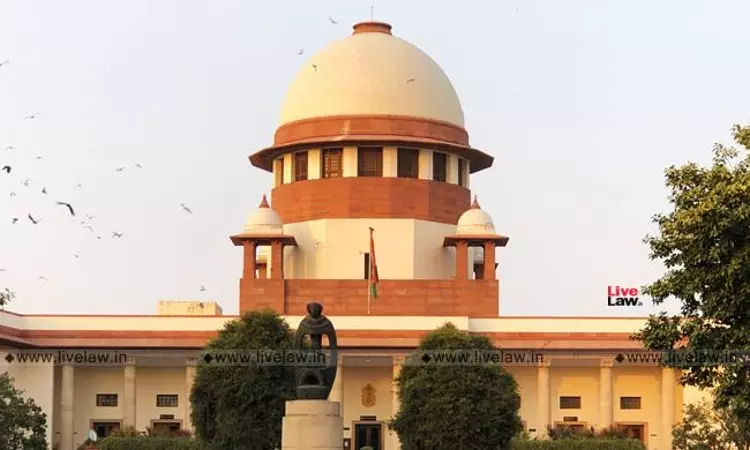Supreme Court Stays Criminal Proceedings Against Catholic Priest Under Gujarat Anti-Conversion Law For Baptising Child
Awstika Das
26 Aug 2023 2:51 PM IST

Next Story
26 Aug 2023 2:51 PM IST
The Supreme Court on Friday (August 25) issued a temporary stay on the criminal proceedings against a Catholic parish priest in Gujarat for baptising a child at the request of the child's Christian mother, who is estranged from her Hindu husband. The priest has been accused of forceful religious conversion under the Gujarat Freedom of Religion Act of 2003. This stay will operate till the...
